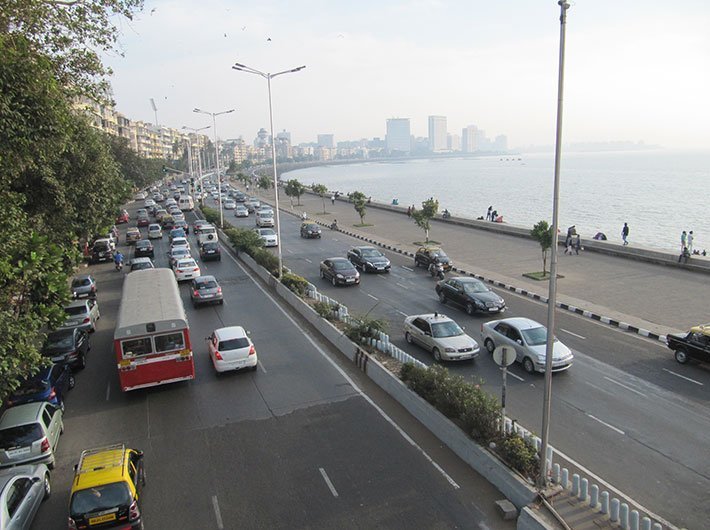The new DP dilutes standards of high rise buildings and heritage regulations, say UDRI
A public meeting was organised by the Urban Design Research Institute (UDRI) in Mumbai to discuss the concerns of citizens and urban planners on the recently released Mumbai development plan (DP) 2034.
The citizens and experts have expressed concerns regarding the shortage of time to study the DP and give suggestions. They argue that the summary of the DP was released in April, followed by the Development Control and Promotion Regulations (DCPR) on May 10, hence they don’t have enough time to give suggestions and objections on the excluded part (EP) of the DP. Moreover, the DP report and DP maps are still not available in the public domain. The Brihanmumbai Municipal Corporation (BMC) has extended the deadline to send in the feedback on the modified Development Control Rules (DCR) from June 7 to June 21.
EP is the part of the DP released by the BMC where the authorities have made substantial modifications and hence sought suggestions and objections from the people before finalising it.
The group also says that some parts of the DP are released only in English, which excludes many Marathi and Hindi speaking population from participating in the feedback process.
At the meeting a range of issues were discussed that would change the landscape of city like dilution of high rise standards, heritage regulations, plot side margins, open space provisions, absence of boundaries of Gaothans, Koliwadas and Aadivasi Padas. They also said that the recommendations made by several experts on the revised draft development plan (RDDP) have been ignored.
“Though DP 2034 promises to make available affordable housing, it has been added under special development zone and the definition of affordable housing has been removed. This makes the term vague and open to interpretation and implies that the builders and private sector can be absolved of providing housing for the lower income groups for a city that needs it most,” said Pankaj Joshi, executive director, UDRI.
Joshi also expressed his concerns over the revision of cluster development of buildings in the suburbs. “This will render the tenants vulnerable at the hands of private builders,” he said.
Serious concerns were also raised over the dilution of standards for high-rises. Joshi said that the municipal commissioner constituting has to constitute a committee which will advice on buildings that are over 120 metres tall. This is in violation of the supreme court judgment that has said the buildings above 70 metres will be scrutinised.
“The DCPR vests overriding powers on the municipal commissioner and dilutes the decision making powers of the Municipal Corporation of Greater Mumbai (MCGM). It also gives him the power to overrule decisions of Mumbai Heritage Conservation Committee. The rationale for doing so for multiple provisions across the DCPR is missing. It also needs to be defined if the intention is to conserve and protect our heritage,” said Joshi.
The state government has split the DP into two parts: sanctioned plan and the excluded plan (EP). The sanctioned plan covers reservation and construction regulations and has already undergone public scrutiny and will come into effect immediately. The excluded plan on the other hand consists of substantial changes in reservation and construction regulations. Objections to the EP DCR (construction rules) are now open for public while those for EP reservations (plots) will require plans to be published first.
“The period for submitting objections on DCR changes in the EP will be one-month from publication in the gazette. The period for new reservations in the EP has not begun yet. The plans will be published in about 10 days after which the one-month period will start”, said Ajoy Mehta, municipal commissioner.

